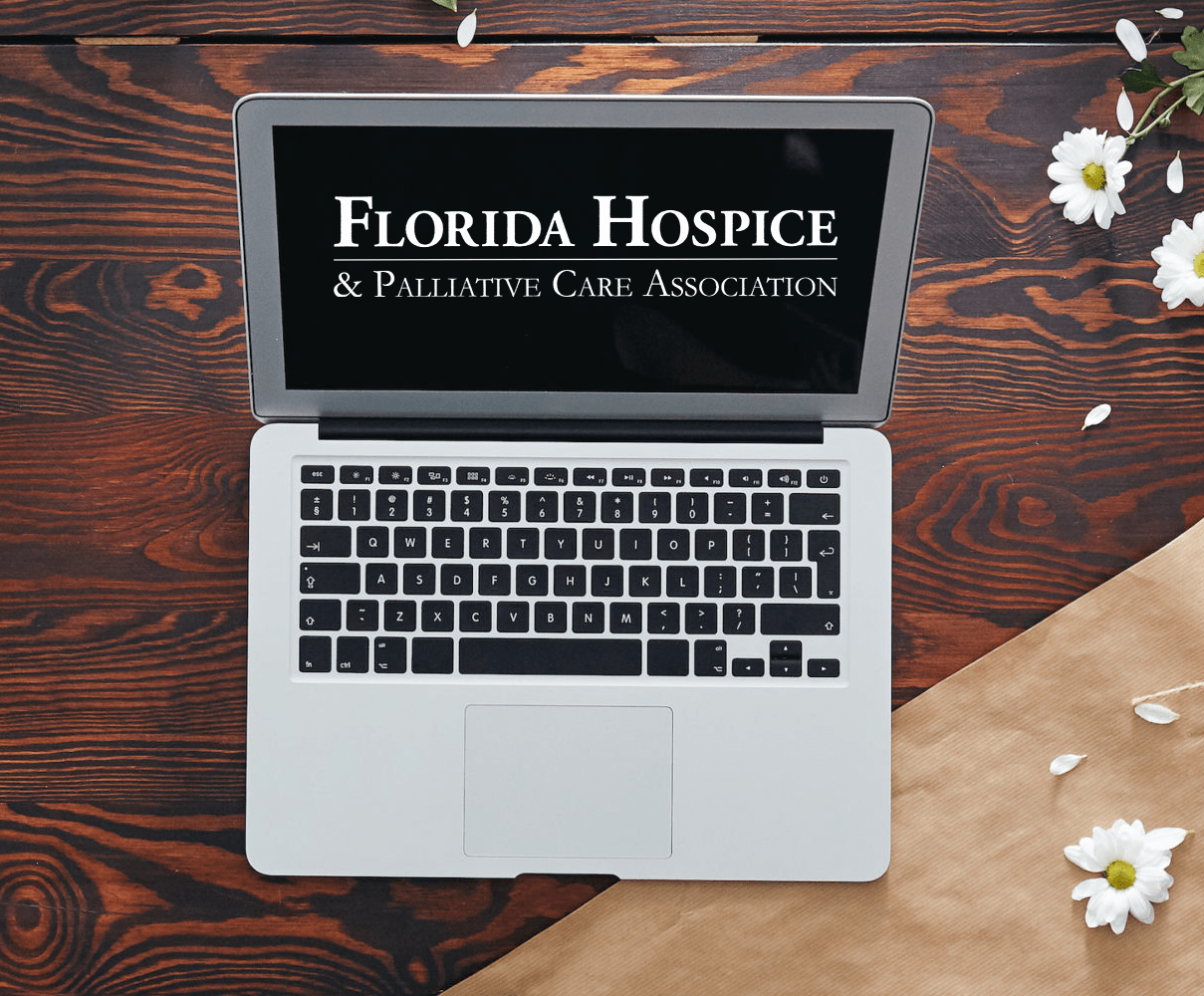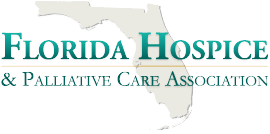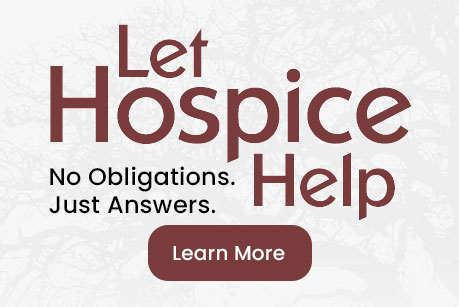News
This year’s Forum was a great success! While we are preparing follow-up emails, evaluations, attendee lists, and CEU information to go out this week, don’t forget to mark your calendar for 2025:
Upcoming Events
Sun
Mon
Tue
Wed
Thu
Fri
Sat
S
M
T
W
T
F
S
25
26
12:00 PM - What Do They Believe & Why Does It Matter?
12:00 PM - Compliance for the Hospice Nurse & Aide
29
1
2
3
4
6
7
8
9
10
11
12
12:00 PM - Working Well Across Four Generations
15
16
17
18
12:00 PM - How to Compete as a Small Hospice
20
12:00 PM - Leadership & Followership at Work
22
23
24
25
12:00 PM - Compliance for a Hospice Volunteer Program
29
30
31
1
2
5
6

Have you ever had a patient who was a Scientologist? Has someone you cared for declined to have life-saving care due to religious beliefs? Has a patient or family member displayed a general mistrust for healthcare providers which hampered your ability to provide the best care? These are just a few ways that beliefs impact how we understand health and illness, how we seek to deal with sickness, and how we interact with healthcare providers. This webinar will explore these issues and more to equip you with the knowledge and skill needed to treat each patient with dignity and respect, ensuring that their religious/cultural beliefs and practices are honored.

Part 2 of this five-part compliance series will focus on the roles of hospice RNs and aides. With continued CMS oversight, documentation starting with the initial assessment, comprehensive assessments, and ongoing visits must support patient eligibility for hospice. This presentation will address common compliance and documentation challenges, how to address them, and how to document terminality. It will review the Medicare hospice benefit with a focus on eligibility and how to support eligibility through assessment, LCD utilization, documentation, IDT participation, using the four levels of care, and discharging patients when needed. You’ll also learn about high-risk admissions, what triggers audits, and how to avoid them.

CMS established the Hospice Care Index as part of the Hospice Quality Reporting Program (HQRP). It is claims-driven, covers care practices, and is designed to evaluate process measures across the hospice stay. This publicly reported score provides patients, families, caregivers, and referral sources with a tool to make informed decisions regarding care providers.
This webinar will identify the 10 quality indicators, review the HCI report, and provide scenarios and best practices that can be used in developing your agency’s performance improvement plan.

Part 3 of this five-part compliance series will review the role of hospice social workers, spiritual caregivers, counselors, and chaplains and how they can add value to an agency’s quality reporting, team dynamics, and the patient experience.
It will review the CoP best practices for assessments, plans of care, IDG participation, and terminality documentation. You’ll learn some of the challenges and obstacles counseling services face and how to address them. All the responsibilities required in managing patients and families from a psychosocial and emotional perspective will be reviewed.

Part 2 of this three-part series will survey the current reality of intergenerational work environments and delve into both common and unique ways to relate well across the four generations in the workplace (Boomers, Gen X, Millennials, and Gen Z). Failure to understand our general differences and commonalities leads to unnecessary workplace conflict, but this session will shed light on ways to work well across generations.

Welcome to a comprehensive webinar designed exclusively for small hospices navigating the competitive healthcare arena. Delve into an in-depth understanding of the challenges unique to small hospices, uncovering the barriers hindering their path to success. Explore an array of effective strategies meticulously crafted to differentiate your hospice from larger institutions, providing attendees with actionable steps to carve out a distinct niche in the market.
Highlighting pivotal success factors, this session will assist in identifying strengths and opportunities within your operations, enabling attendees to fortify their competitive edge.

Part 3 of this three-part series will cover tools for all staff to positively contribute to the culture and mission of their organization by learning to leverage their current role in the spirit of service.
When each team member understands the important purpose they serve and how they can best contribute, everyone can benefit. Even those not in management or executive positions can lead well by following well. Learn how this concept can shift attitudes and satisfaction on your team.

Most hospice patients are either lacking in decisional capacity upon admission or will reach that point during their care experience. How does this impact the patient’s informed consent? Who does the IDG turn to for decisions on the patient’s behalf? What do you do if you’re unsure about a patient’s capacity?
All of these are critical questions to ask to protect the patient’s autonomy, dignity, and right to choose. Ensure your organization has the information and expertise needed to navigate these murky waters and make certain the best interests of patients and families are served.

Part 4 of this five-part compliance series will review the CoPs that address the hospice volunteer program as a core service. With the end of the PHE, hospices are expected to be in full compliance with the 5% requirement in 2024.
Learn about the role of the hospice volunteer director/manager, volunteers, and what activities meet the 5% requirement. The requirements of a Medicare hospice volunteer training program will be covered. Since there is always tremendous confusion around what qualifies for the volunteer 5% requirement, this webinar will clarify qualification requirements.

To have a smooth-running agency, departments need to collaborate effectively. It’s common to see tension between clinical and sales departments. Different perspectives benefit a team and organization but when those differing perspectives get in the way of a positive culture, it can have a negative impact.
This webinar will provide a deeper understanding of the age-old conflict between clinical and sales departments. Discover the top six contributors to clinical/sales tension and what to do about them. Learn simple key bridging phrases that promote collaboration among teams. Departmental friction can be a distraction and a time waster. Attend this webinar to learn effective and fun team exercises to improve cooperation immediately.

Part 1 of the series will focus on understanding the regulations, the types of deficiencies, including condition level deficiencies and immediate jeopardy, and how to avoid them. It will also drill down on regulatory compliance, including how to prioritize noncompliant areas, assess your agency, write action plans, involve and educate staff, and develop an effective QAPI program.
There will be a brief review of the data-driven information on Care Compare, CAHPS, etc. to explain how to tie those into your QAPI program to ensure compliance and enhance quality and efficiency of care.

After completing training, your volunteers should be fully prepared for the work they face. Most programs utilize a standardized curriculum that meets Medicare guidelines, yet those topics are meant to be “minimum standards” and miss some very important issues and necessary skills.
This webinar will explore several critical skills, including setting and maintaining personal and professional boundaries, the critical importance of supervising volunteer boundaries, volunteers’ part in suicidal ideation intervention, their role in assessing and providing grief and loss support and guidance, and other important dynamics.


